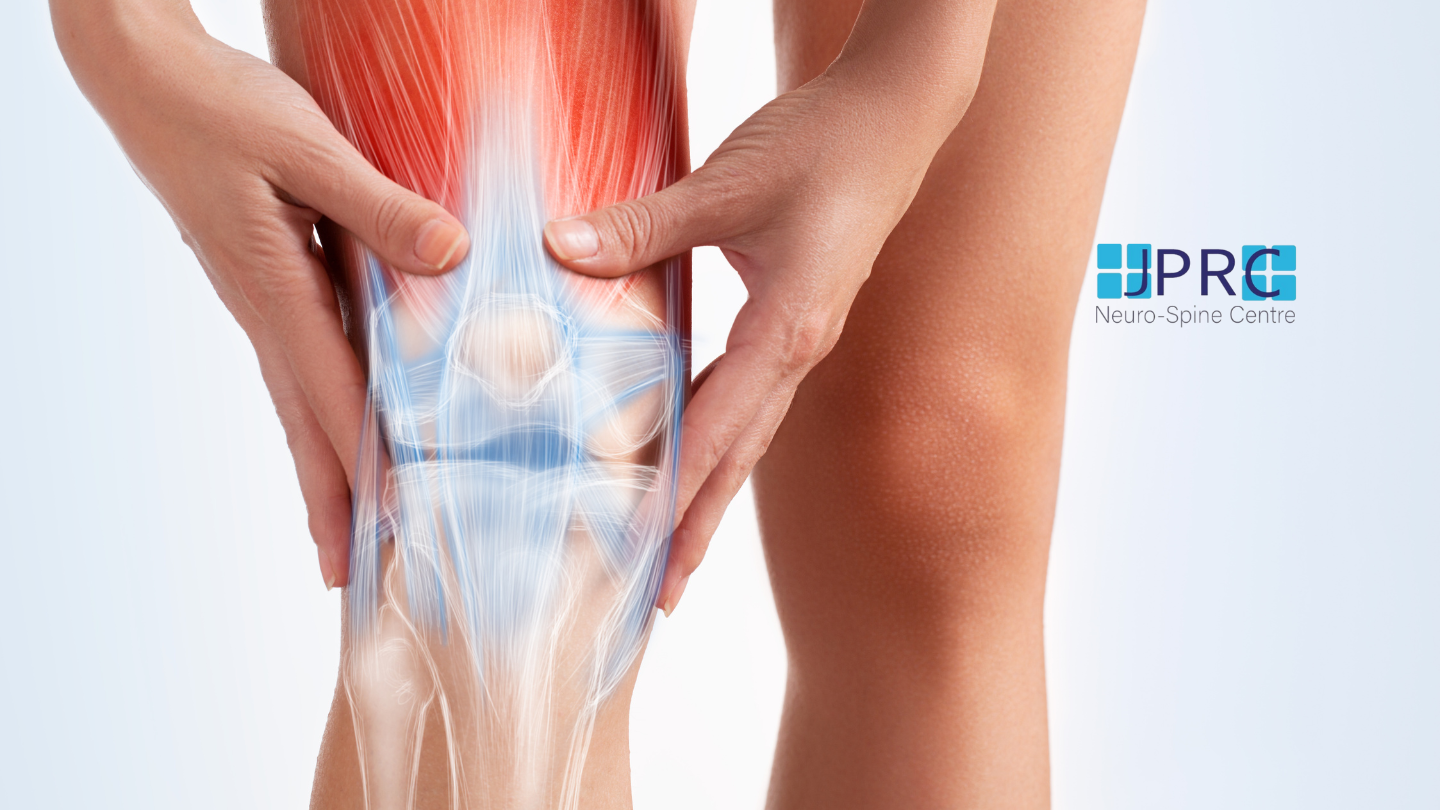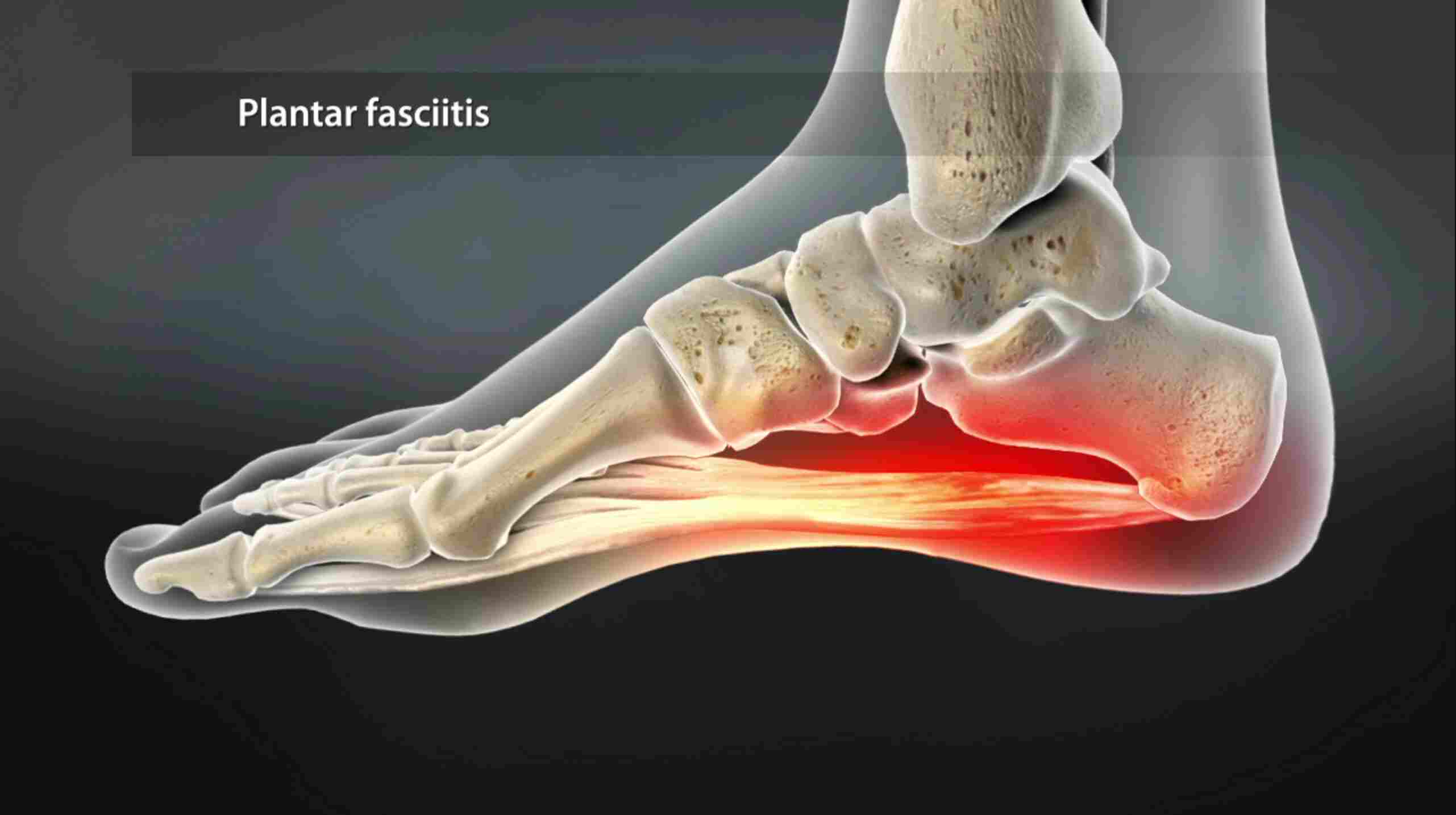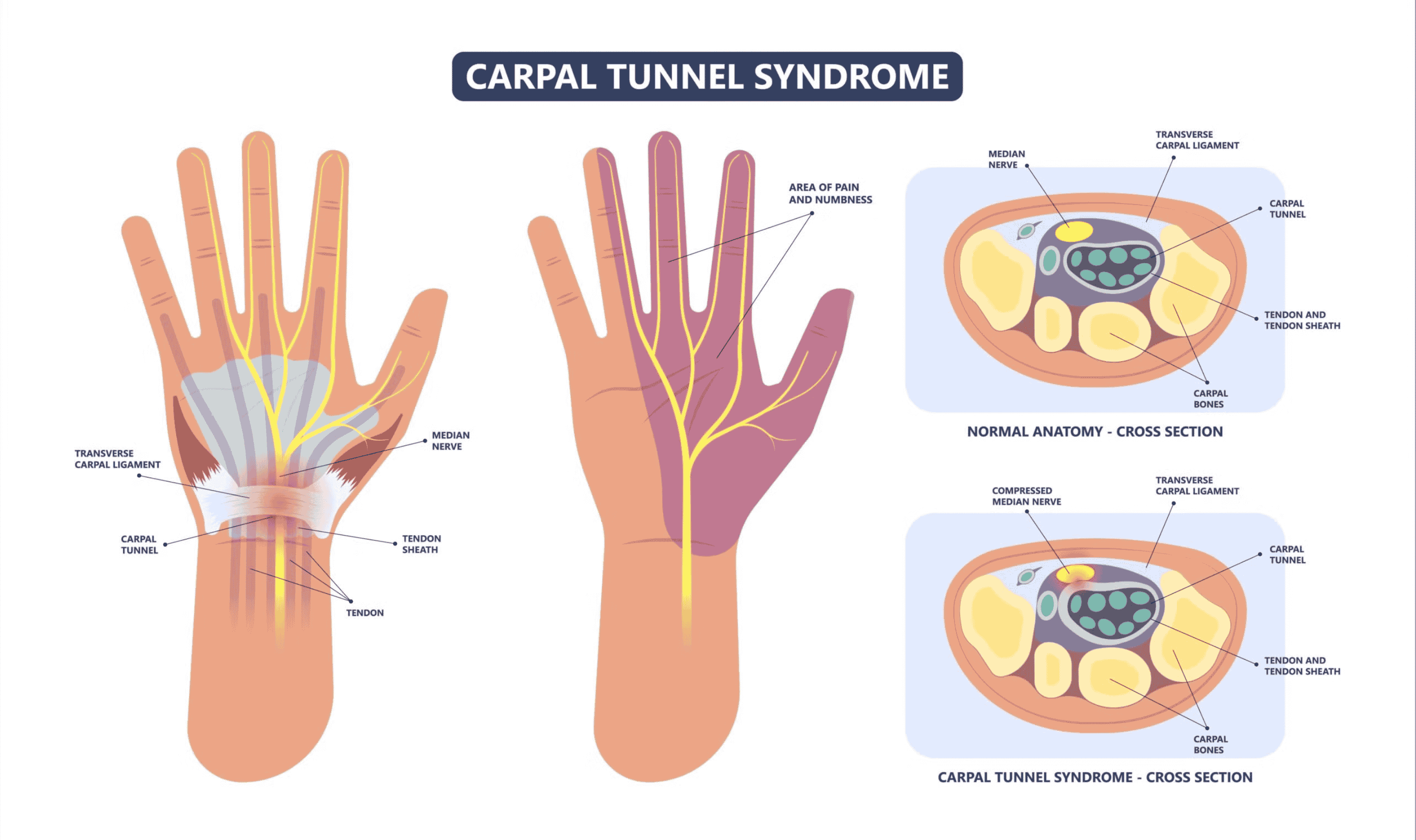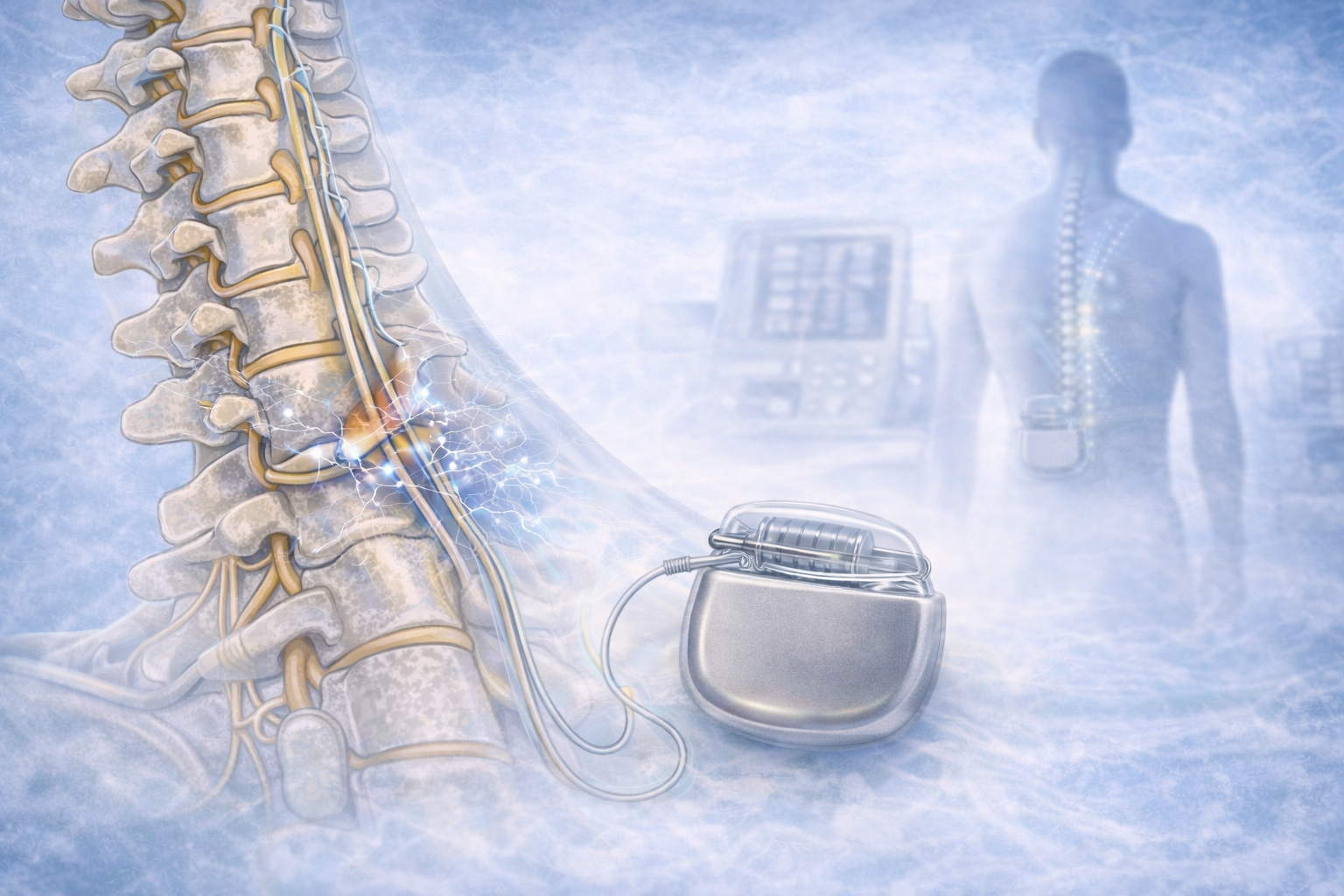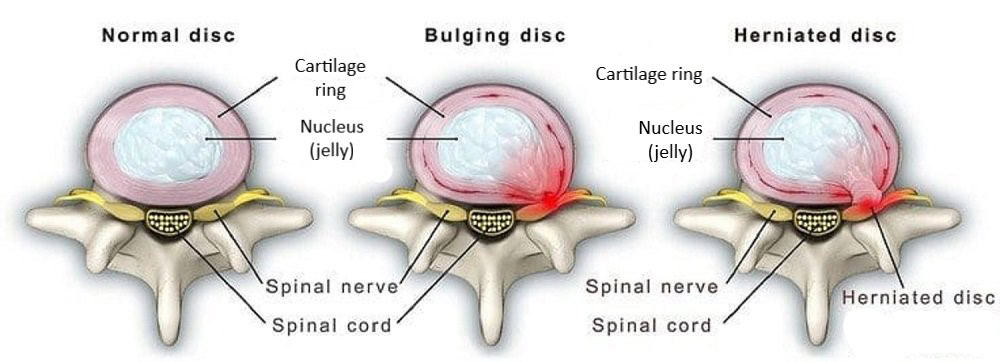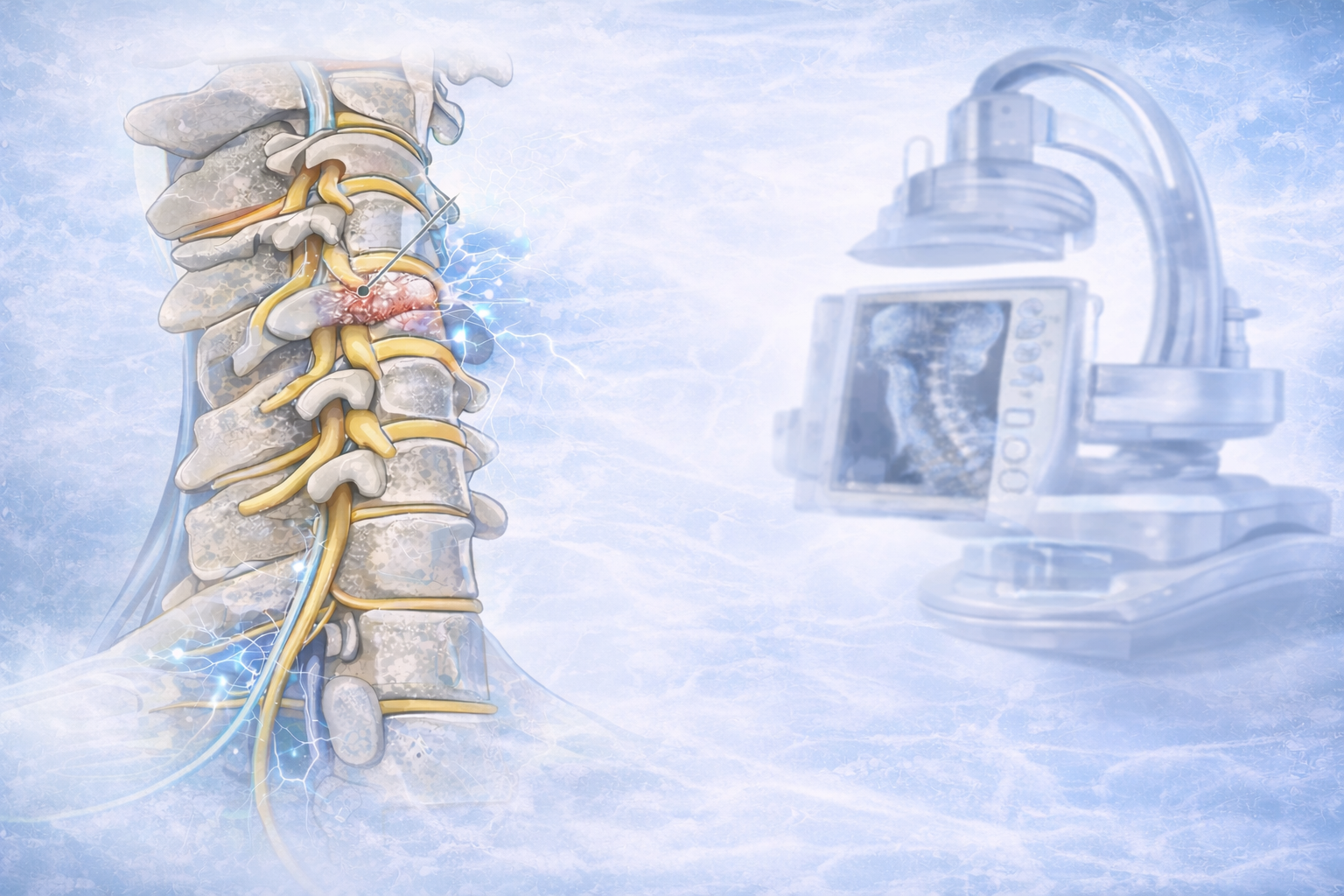Fibromyalgia
Fibromyalgia is the second most common condition which will affect your bones, muscles. Yet it is often a misconception and misunderstanding. The classic symptoms are massive muscle and joint pain and fatigue.
There is no cure. But a combination of medication, exercise, managing your stress, and healthy habits can ease your symptoms enough that you can lead a normal, active life.
Symptoms Of Fibromyalgia
Symptoms can appear at any time during a person's life, but they can appear around the age of 40-45.
-
Extensive pain. Pain associated with fibromyalgia is often described as a persistent dull pain that lasts for at least three months. To be widely considered, the pain must be on both sides of your body.
-
Fatigue People with fibromyalgia often wake up tired, even though they reported sleeping for long periods. Sleep is often disrupted by pain, as well as there are many patients with fibromyalgia who have other sleep disorders, such as restless legs syndrome, sleep apnea etc.
-
Fatigue, and generally feel like you have no energy. Sleeping poorly feeling awake.
-
Pain and stiffness, which you often feel worse during or after being active.
Cause of Fibromyalgia
Fibromyalgia is not caused by damage or injury to the body. However, it increases the sensitivity of your nerve endings, which means you may feel pain with a small amount of pressure or a small knock.
Studies have shown that the parts of the brain that register pain reacts differently if you have fibromyalgia. This means you feel pain when other people just become uncomfortable or stiff. Many researchers believe that repeated nerve stimulation causes changes in the brain as well as the spinal cord of people with fibromyalgia.
Also, the brain's pain receptors become sensitive by developing a kind of memory of pain, which means they can overreact to painful and non-failing signals.
Risk Factors Of Fibromyalgia
-
Mood disorders and fibromyalgia are related to each other. Mental health conditions such as depression and anxiety can also cause frustration with the same chemical imbalances and the stress of surviving chronic pain associated with fibromyalgia. Also, depression can be a reason to make your pain worse.
-
Some people whose sleep is affected, such as sleep apnea and restless leg syndrome (RLS), are more likely to have this condition.
Diagnosis Of Fibromyalgia
Based on your symptoms a doctor will suspect fibromyalgia. Physicians may need to apply a certain number of pressure points or soft points to a specific area before you talk about fibromyalgia, but they do not need to be diagnosed.
Since body aches are a major feature of fibromyalgia, healthcare providers will ask you to describe your pain. It may help to distinguish between fibromyalgia and other diseases with similar symptoms. Hypothyroidism (abnormal thyroid gland) and polymyalgia rheumatism sometimes mimic fibromyalgia conditions Blood tests can tell if you have any of these problems.
Sometimes, fibromyalgia is confused with arthritis or rheumatoid arthritis or bronchitis. However, again there are differences between symptoms, physical examination and blood tests that will help your healthcare provider diagnose these health problems. In contrast to fibromyalgia, these rheumatic diseases cause inflammation in the joints as well as tissues.
Treatment Of Fibromyalgia
-
Exercise
Some people with fibromyalgia may find it difficult to practice at first, but it can be beneficial to build up and stabilize slowly. As muscle strength increases over time, pain and discomfort should decrease.
People with fibromyalgia should talk to a doctor before starting a practice. A physical therapist will help set up a suitable program.
-
Diet And Supplements
Eating a balanced and healthy diet, exercising and reducing the use of caffeine, alcohol, nicotine products and illicit drugs can help reduce stress and improve mood.
-
Physical Therapy
Physical therapy helps relieve the pain and stiffness of fibromyalgia. Regular visits to a licensed physical therapist can boost confidence with practice, help relax tense muscles, and teach you more about your body and movements.
-
Lifestyle Changes
Try to use a comfortable but ergonomically sound chair, especially when working
Practice good posture.
Good sleep routines, including going to bed around the same time every night
Invest in a comfortable mattress and pillow.
There is no cure for fibromyalgia, but more treatment options, as well as clearer diagnostic criteria, are now available. Symptoms can improve significantly as long as patients follow the treatment plan.










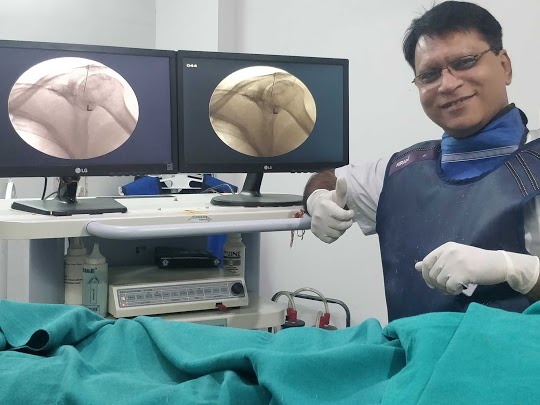




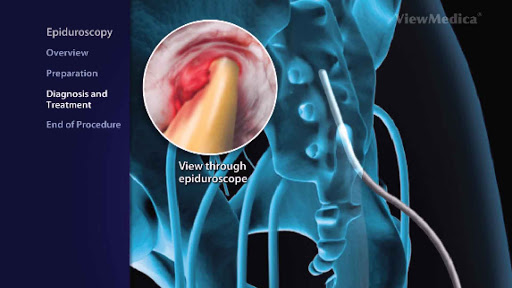

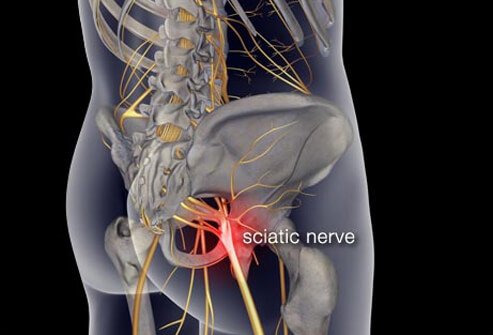






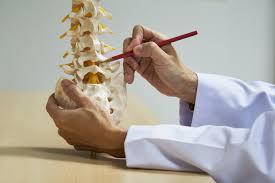
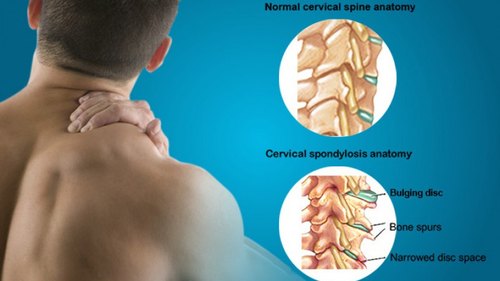







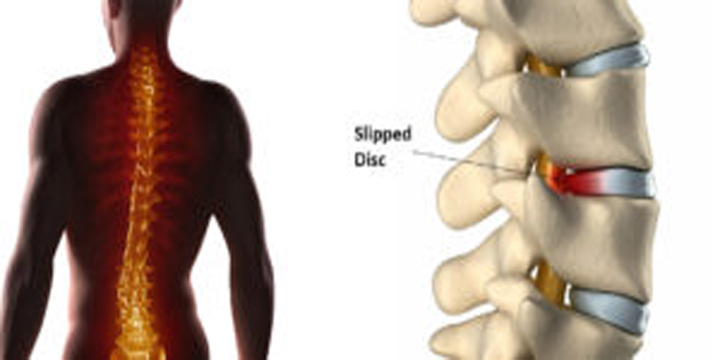
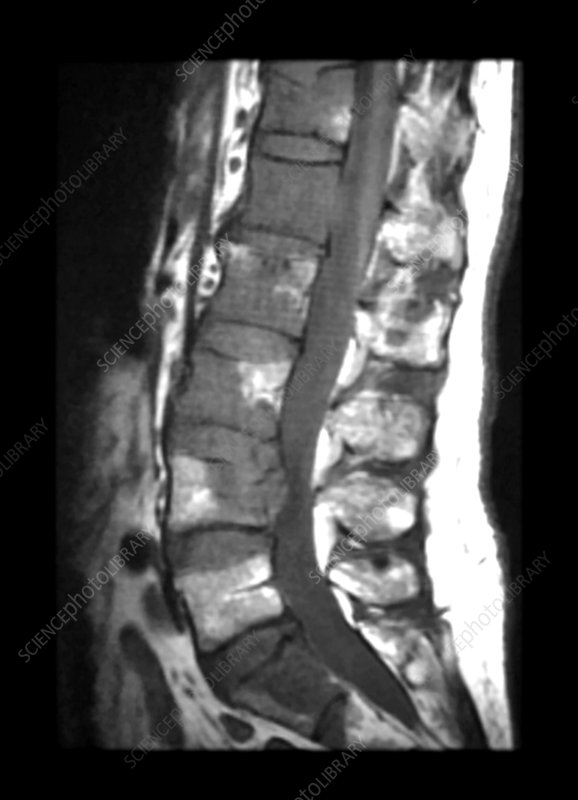




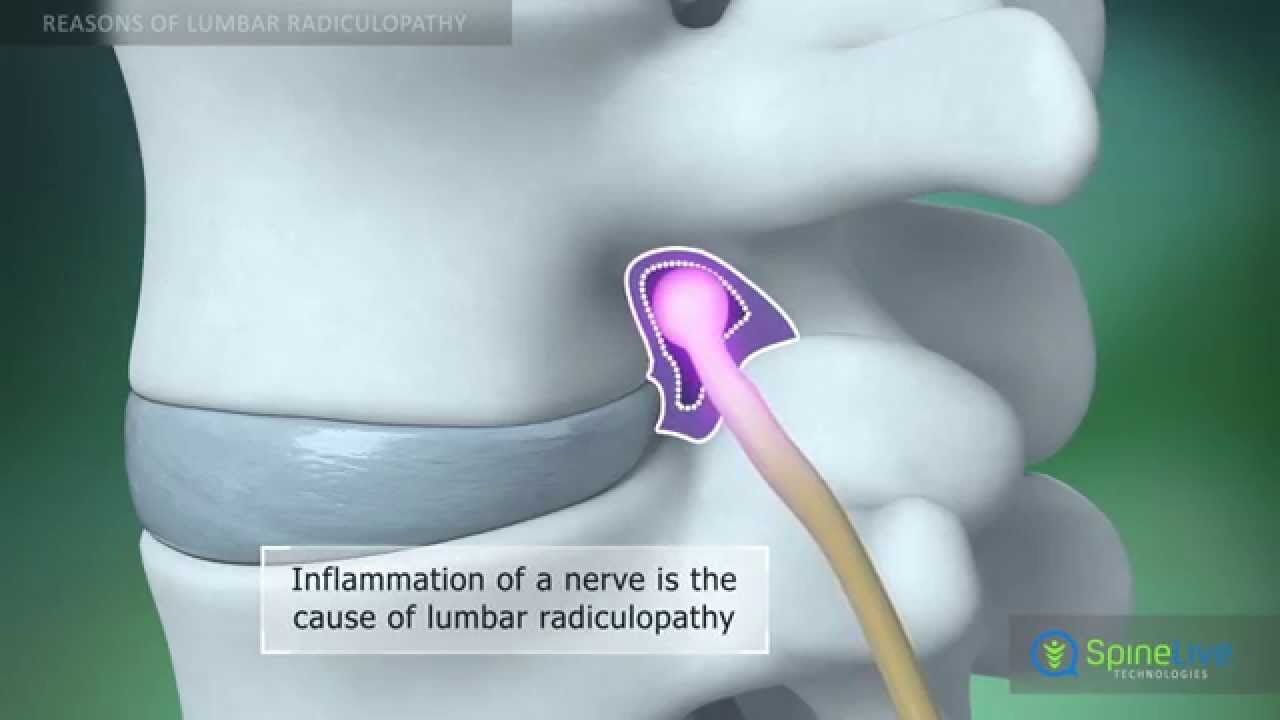
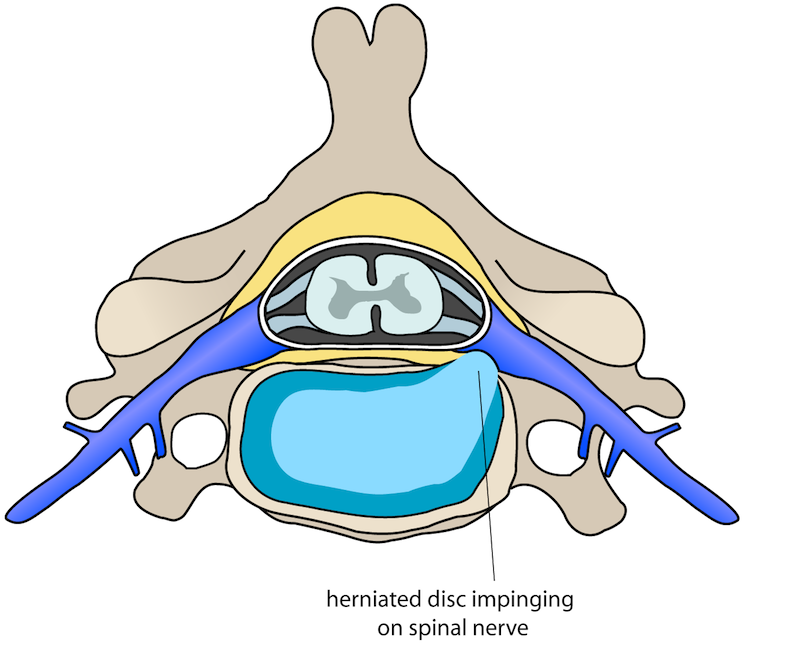
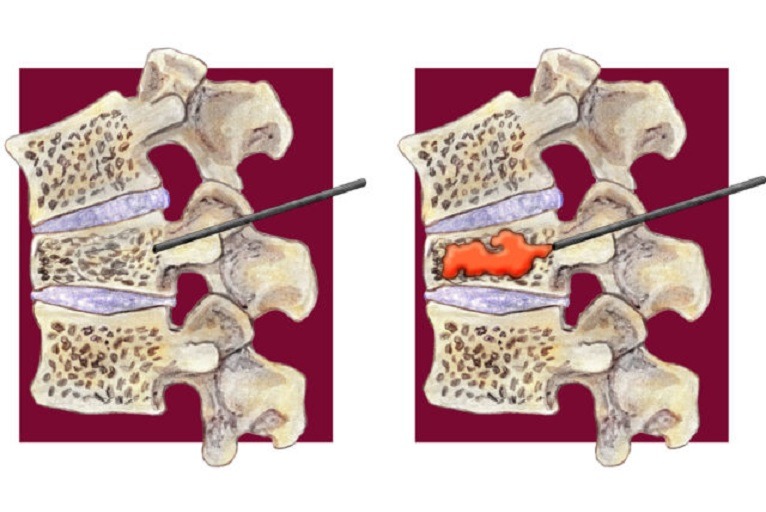












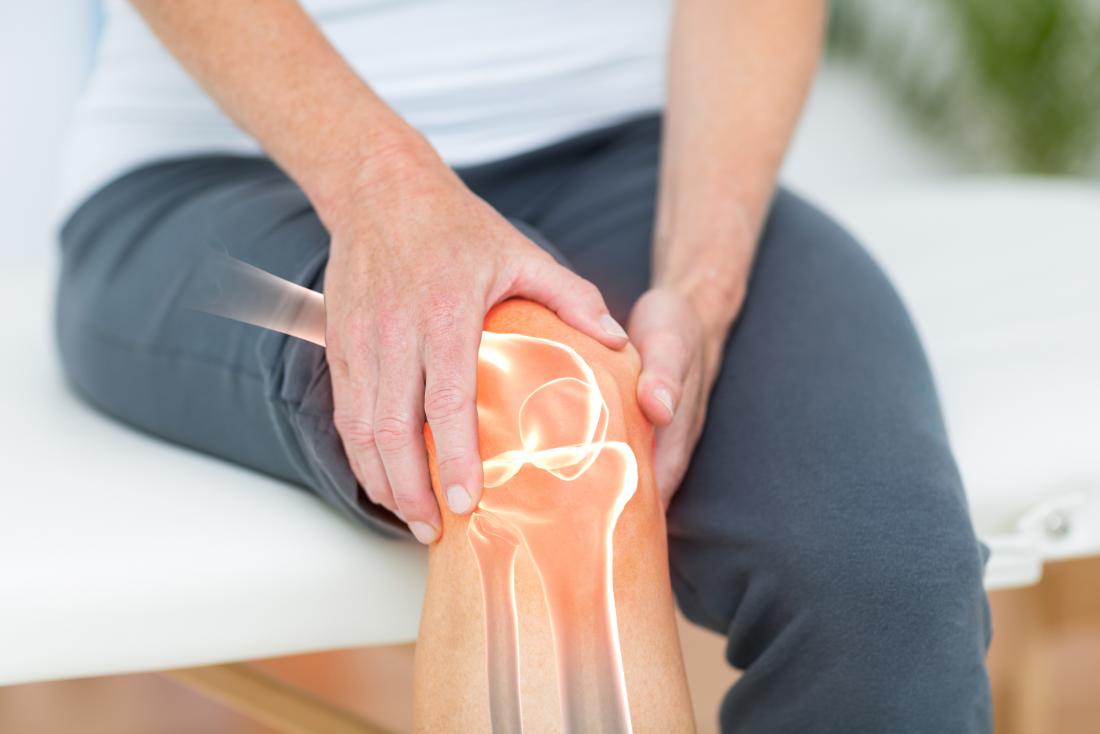
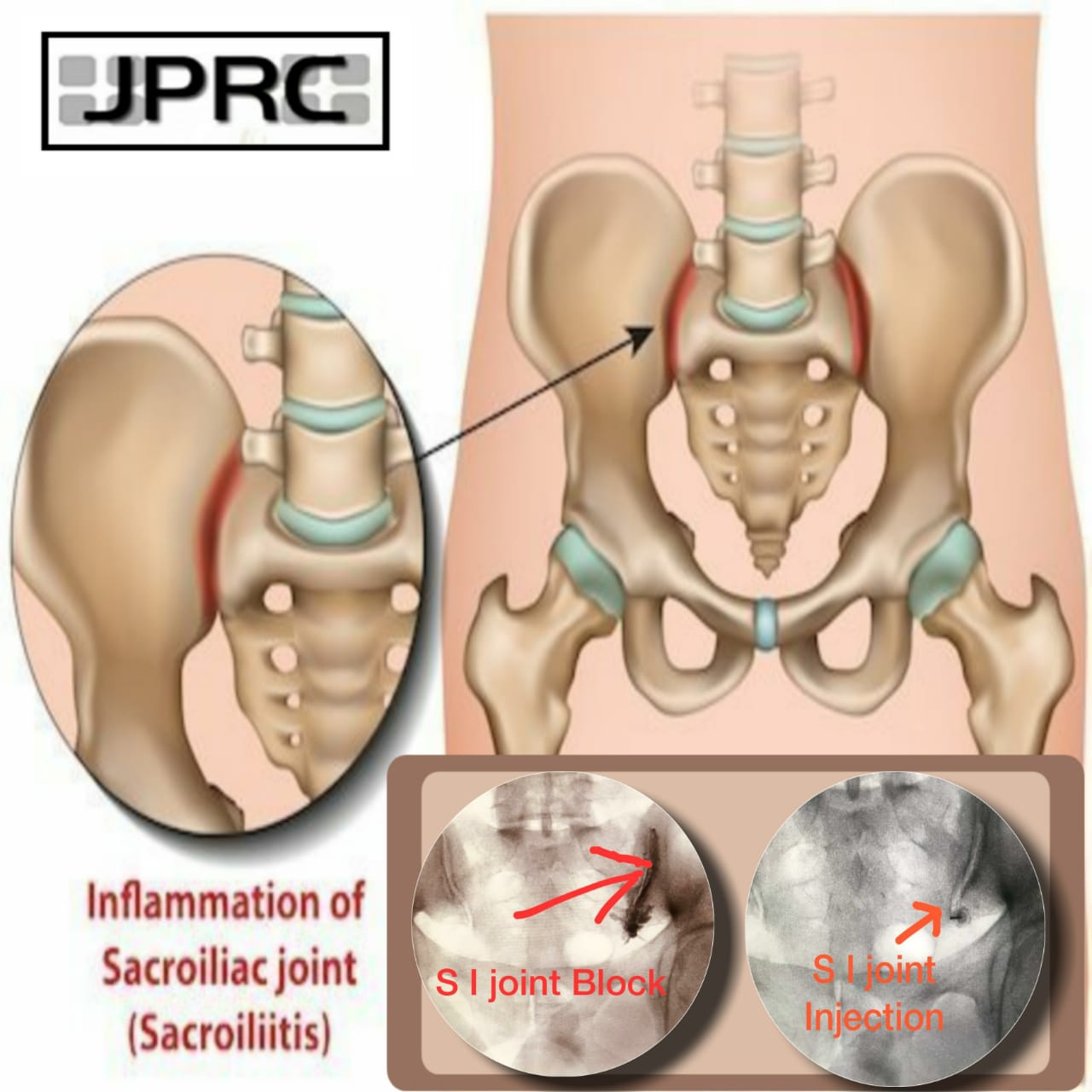










.jpg)




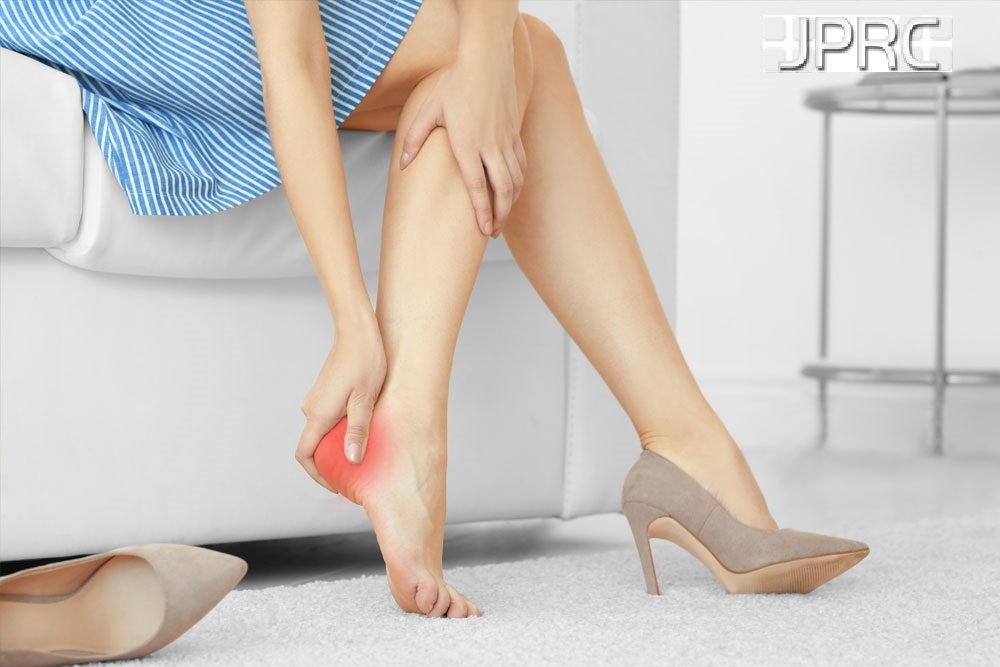



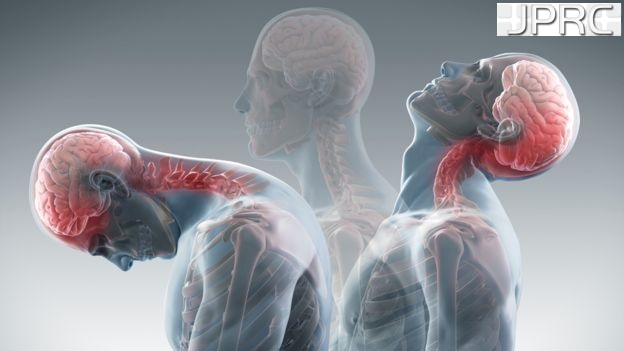


_Injection_Description_in_Hindi.jpg)


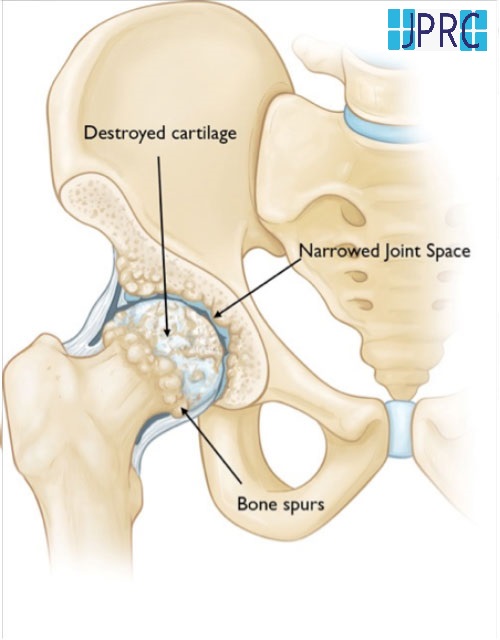



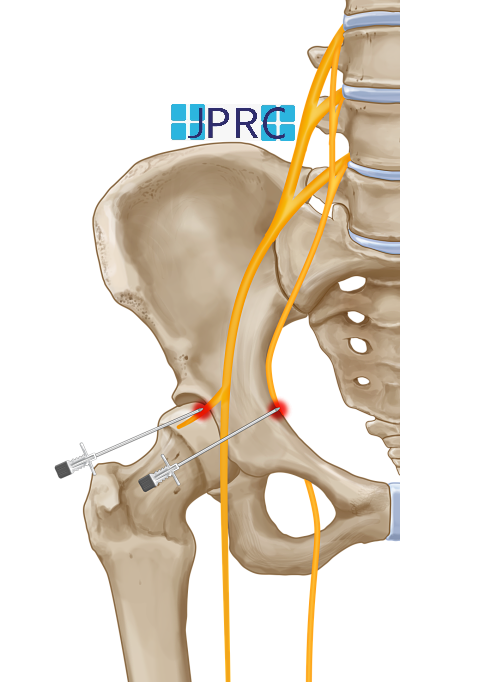


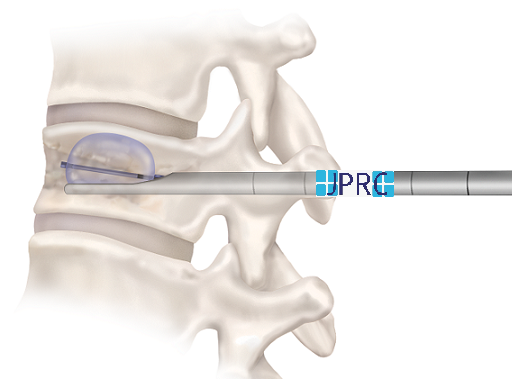





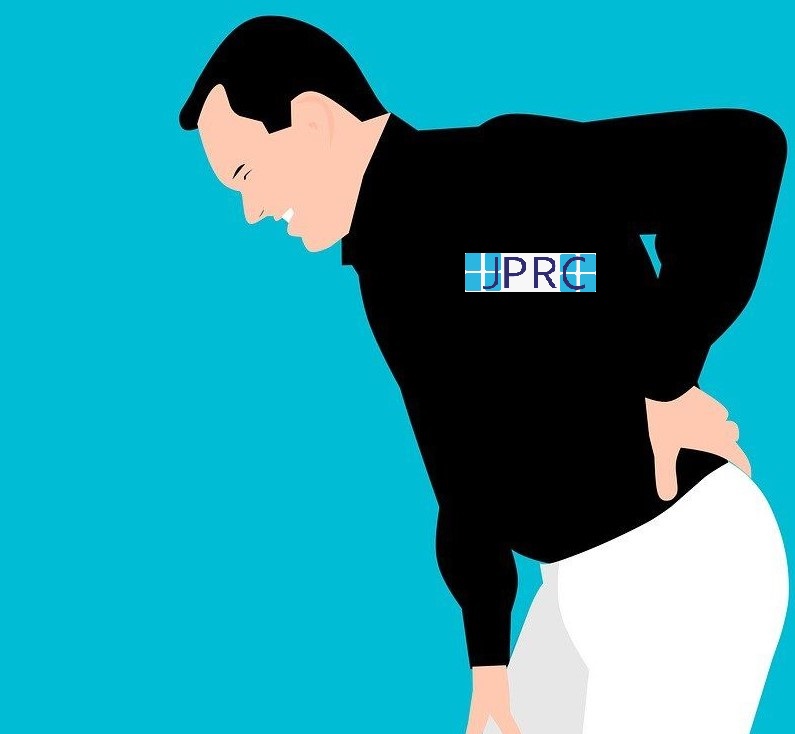
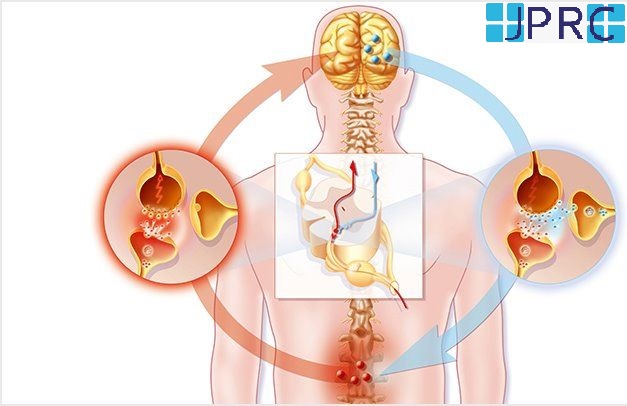


.jpg)








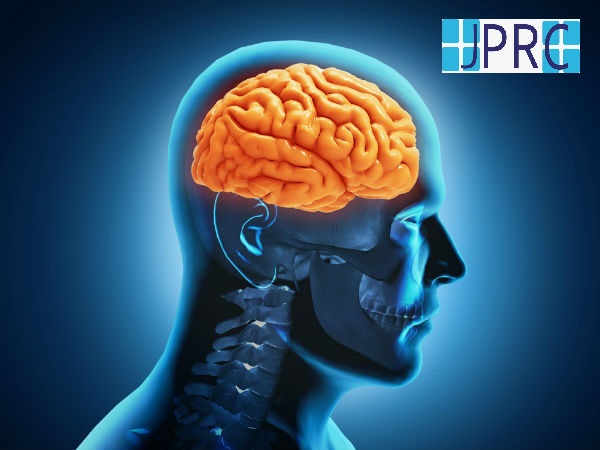

.jpg)




.jpg)
.jpg)
.jpg)



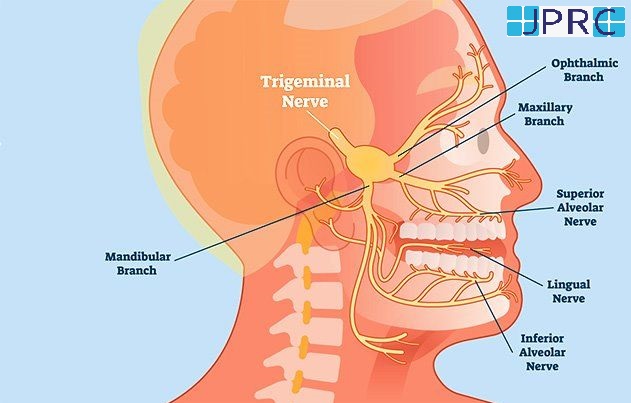



.jpg)
.jpg)
.jpg)
.jpg)
.jpg)
.jpg)
.jpg)
.jpg)
.jpg)
.jpg)
.jpg)
.jpg)
.jpg)
.jpg)
.jpg)
.jpg)
.jpg)
.jpg)
.jpg)
.jpg)
.jpg)
.jpg)








1.jpg)
1.jpg)
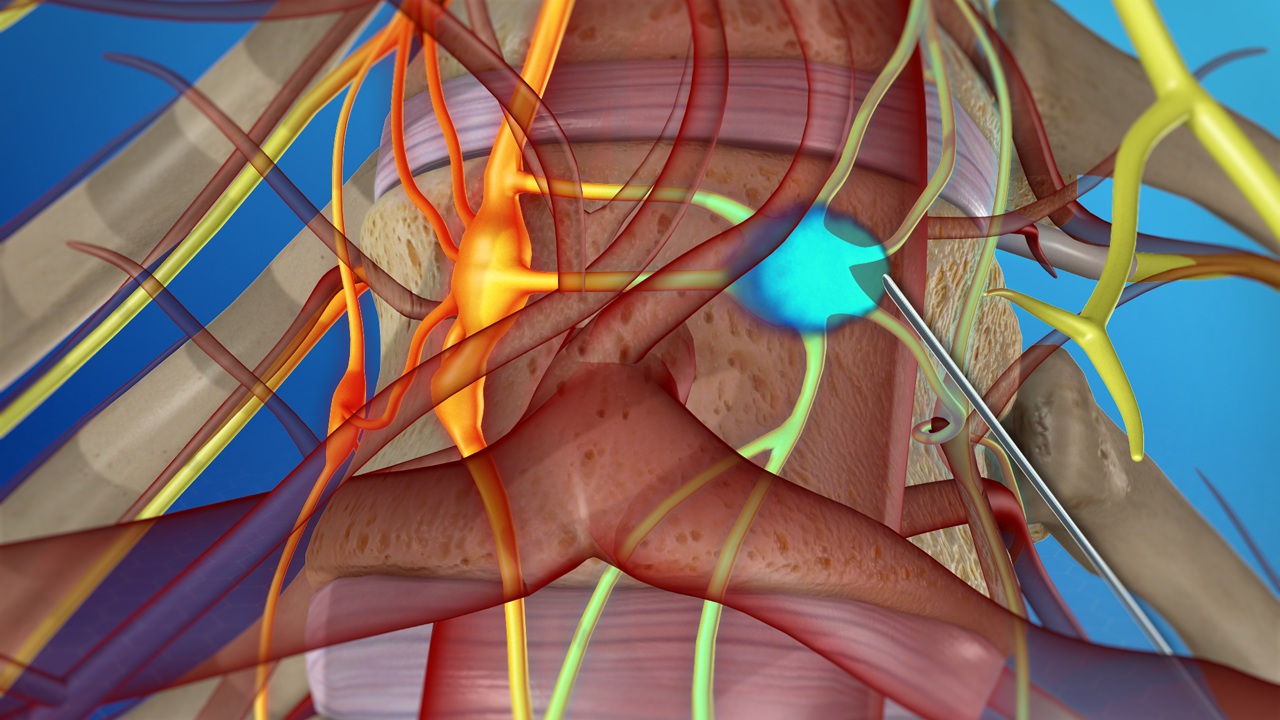
1.jpg)
1.jpg)
1.jpg)
1.jpg)
1.jpg)










2.jpg)
3.jpg)

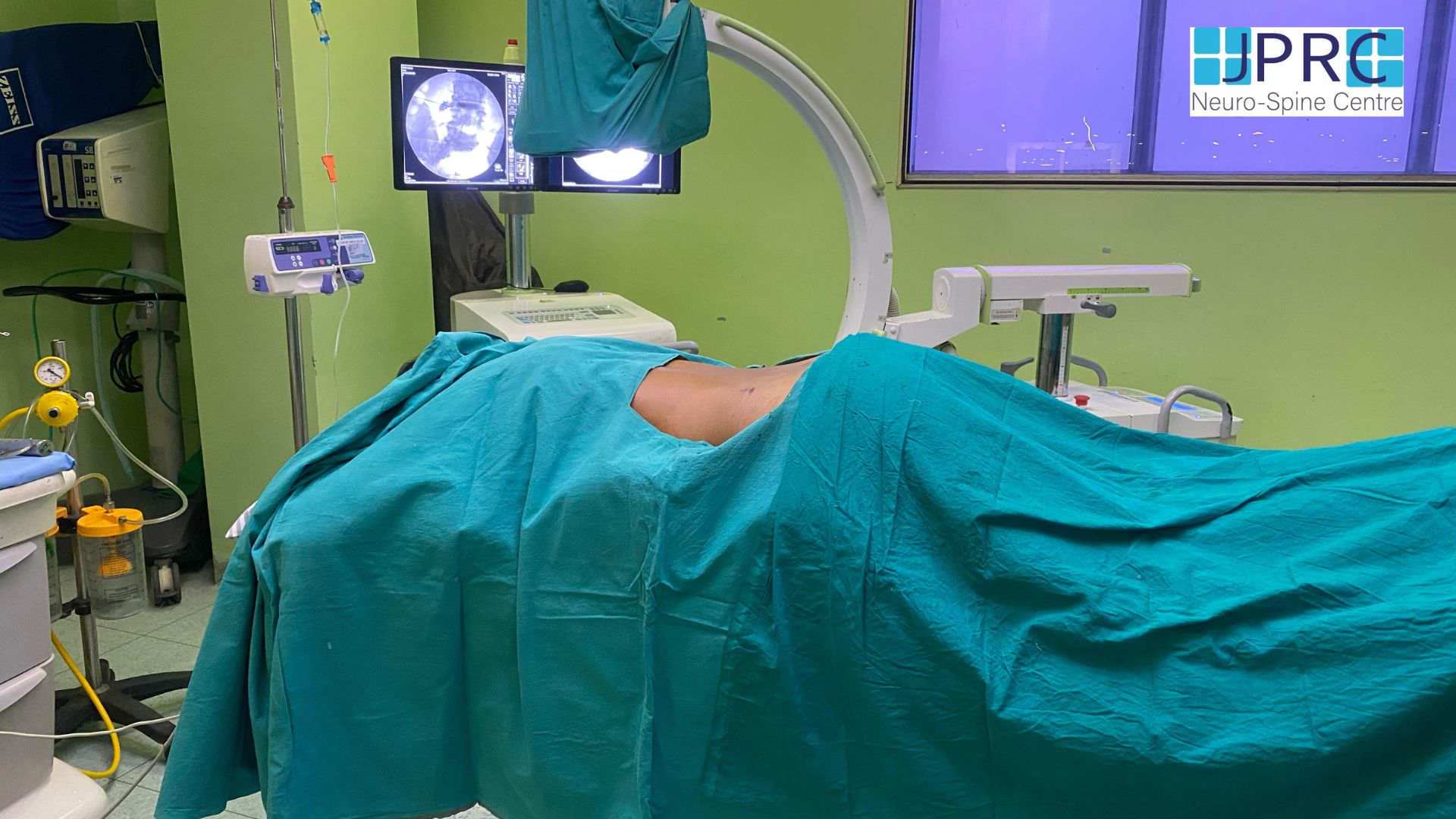

4.jpg)
1.jpg)
2.jpg)

5.jpg)
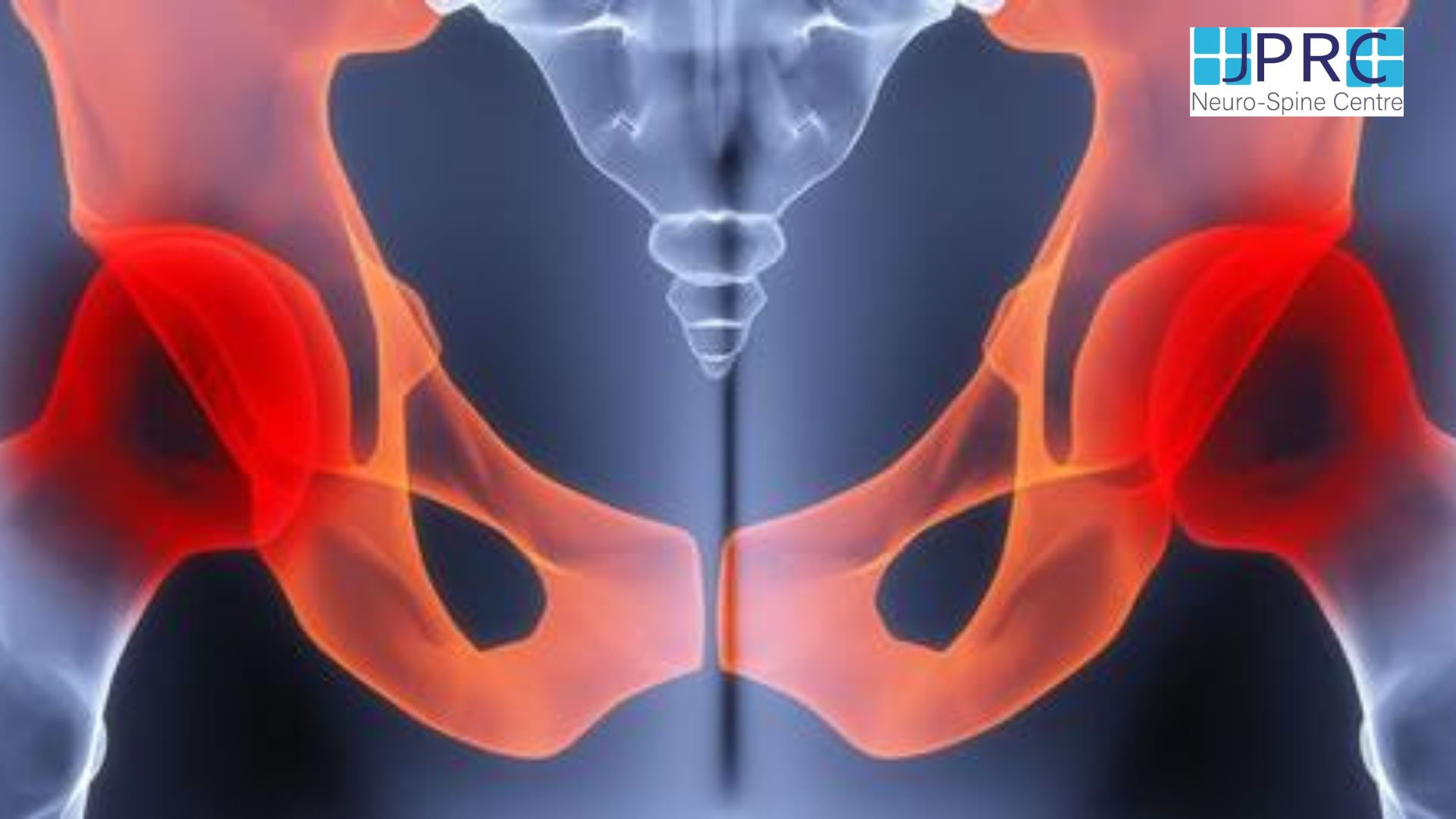
6.jpg)
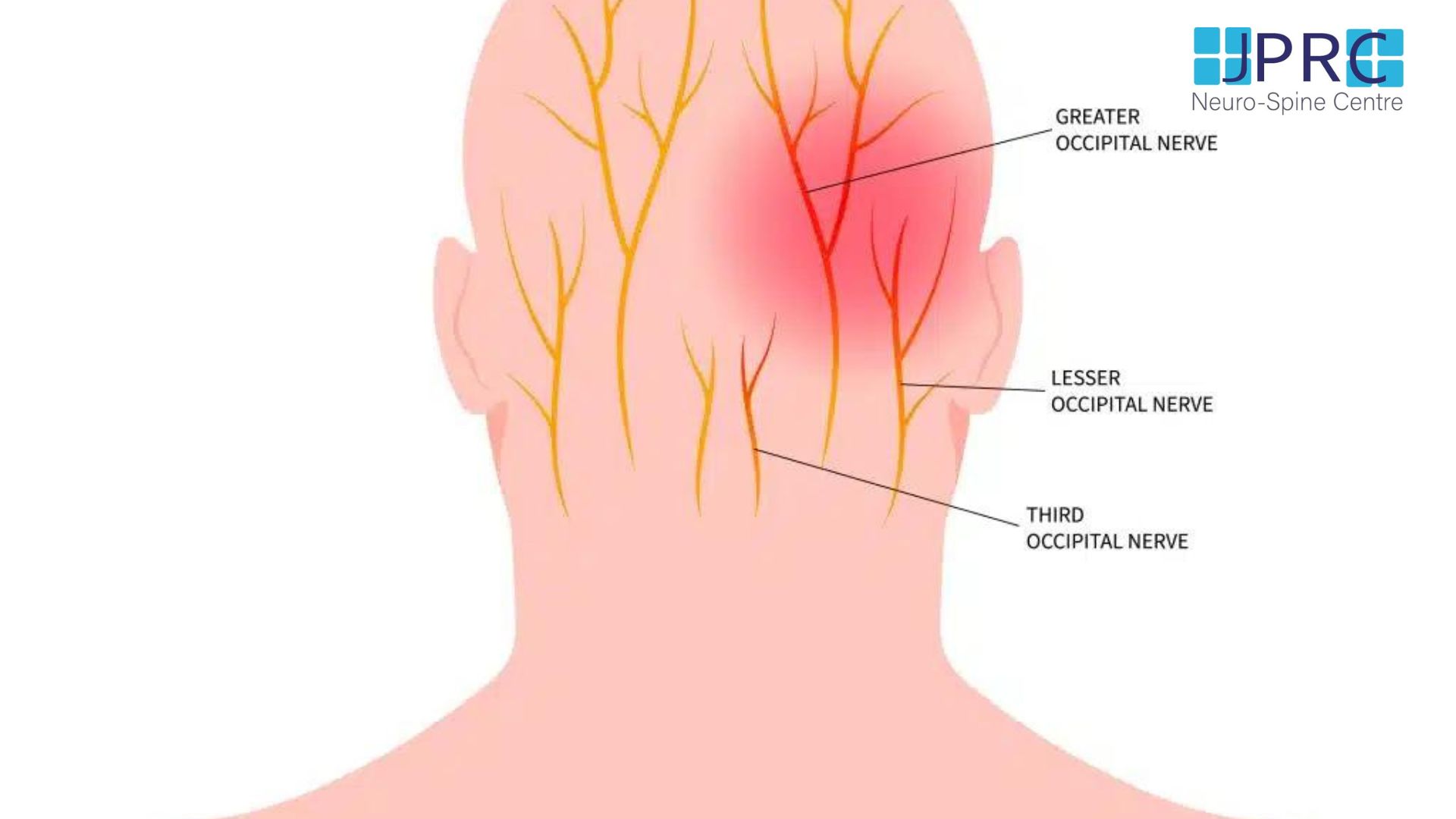
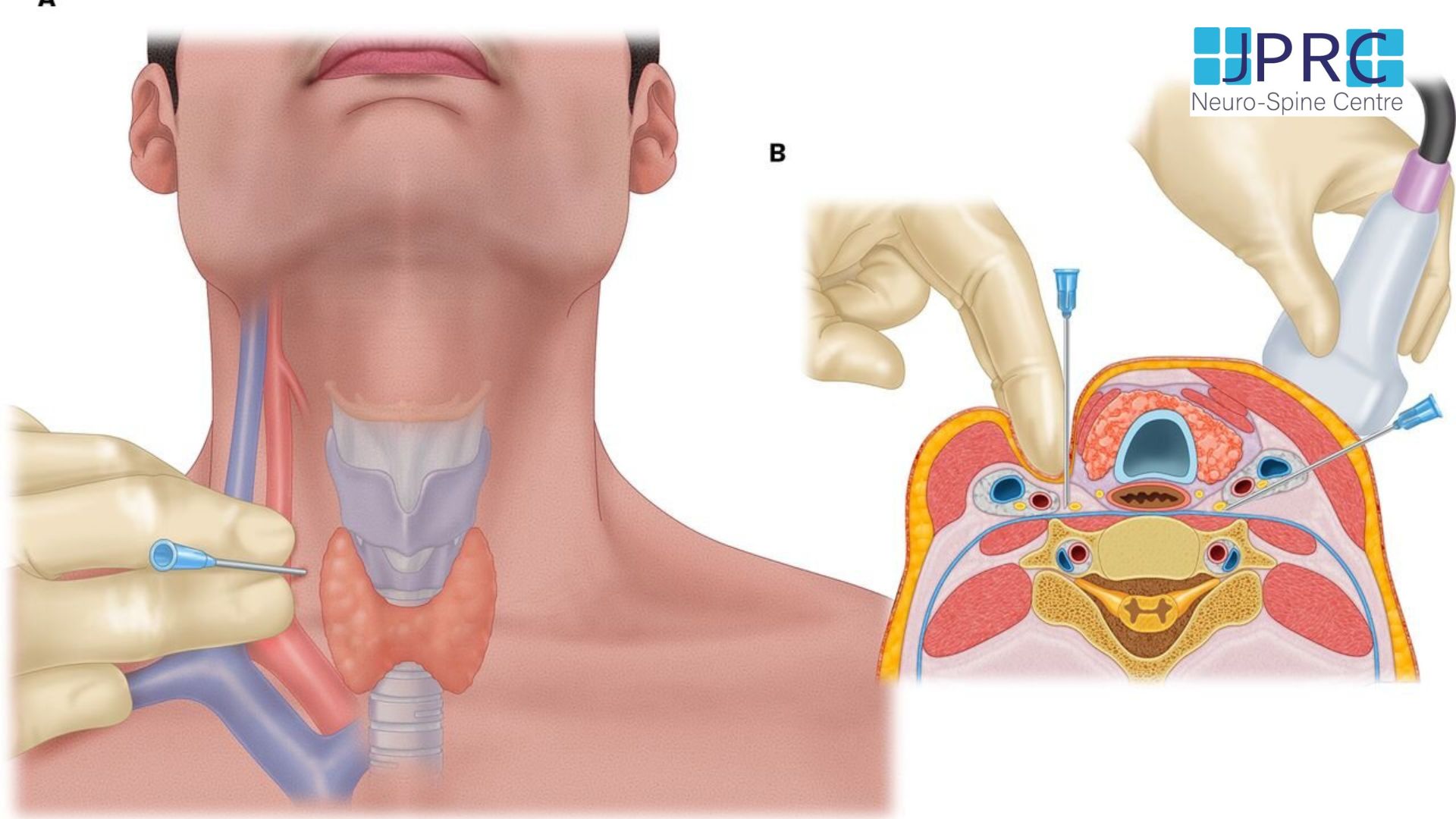


7.jpg)
2.jpg)

8.jpg)

9.jpg)
3.jpg)

10.jpg)

11.jpg)


12.jpg)
4.jpg)


























